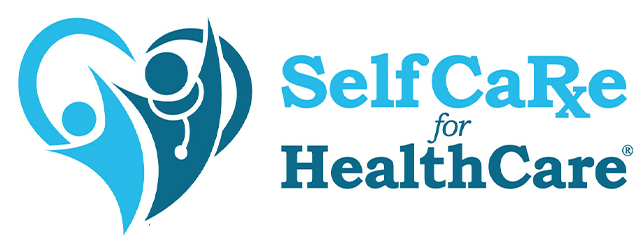In a new study of 17,000 women, those who walked briskly for an average of nearly 70 minutes daily had up to a 70% lower risk of death compared to the least active women who moved just 8 minutes a day. The study also found the benefits were significant mainly for women who participated in…
Read Full BlogAre your employees happy at work? According to a recent Gallup survey, 51% of America’s 100 million full-time employees aren’t engaged at work, meaning they feel no real connection to their jobs and tend to do the bare minimum. Another 16% reported being “actively disengaged,” meaning they resent their jobs and tend to drag down…
Read Full BlogForty-three percent of working Americans don’t receive enough sleep each night, and 76% say that they feel tired at work, reports a survey by the National Safety Council. Sleep is one of the three pillars of living a healthy lifestyle, according to the American Academy of Sleep Medicine. Seven or more hours per night is…
Read Full BlogYears of research has shown that depression among registered nurses is extremely common. In fact, RNs suffer from depression at nearly twice the rate of people in other professions. Now, new research is linking this depression to a significant uptick in medical errors. The study, published in the Journal of Occupational and Environmental Medicine, analyzed survey responses of…
Read Full BlogWe are running out of excuses (no pun intended) on why we can’t get exercise. For those who can’t find time to go to the gym, your gym can be virtual. Online workout sessions can be the next best thing to a personal trainer. Here are a few of the best apps out there: iBodyFit:…
Read Full BlogThe average age of the nursing workforce in 2005 was 44, spurring widespread predictions of a nursing shortage as baby boomers retired. Now millennials are entering the profession in record numbers. Experts attribute their embrace of nursing to several factors. The profession offers stable lifetime earnings, low unemployment, and opportunities for advancement and relocation in…
Read Full BlogMillennials are becoming registered nurses at nearly twice the rate of baby boomers, but that still won’t necessarily prevent a nursing shortage as boomers retire, a new analysis in Health Affairs reports. The number of young RNs nearly doubled to 834,000 in 2015, after dropping to 440,000 in 2000 when Generation Xers were joining the workforce.…
Read Full BlogA study of over 2,000 employees and their dependents found that well-being is continuing to have a big impact. All well-being dimensions are viewed by employees as important: financial, physical, emotional and social. The findings suggest that consumers are increasingly looking at well-being in a holistic way. In light of this, one of the recommendations…
Read Full BlogA decade ago, people thought employee well-being was fluff. Now it’s hard to ignore the mountain of science proving the benefits of employee well-being. Leaders still tend to look at well-being in terms of ROI through healthcare cost reduction. But it is much more than that. Employee well-being connects very linearly to real business results. A 2015 survey of…
Read Full BlogWorkplace pressure is increasing. According to this Business News Daily post, an Accountemps study revealed that more than half of U.S. workers say their work-related stress levels have increased over the last five years. This is particularly true of younger workers, who are 5% more prone to feeling stressed at work than those ages 35 to…
Read Full Blog